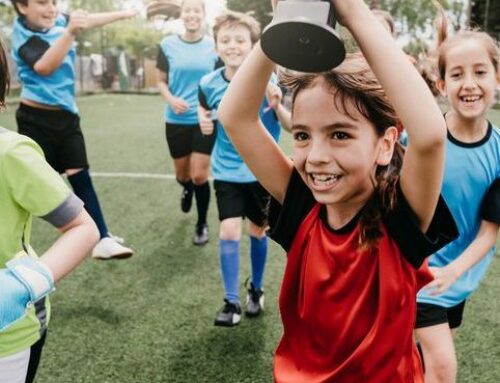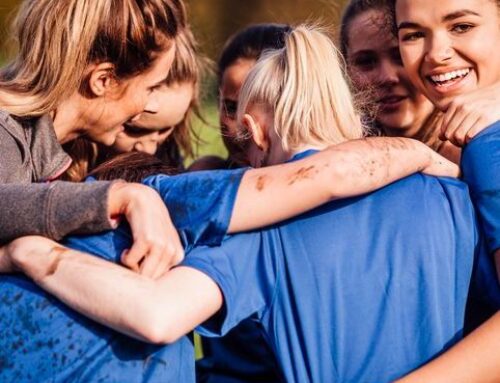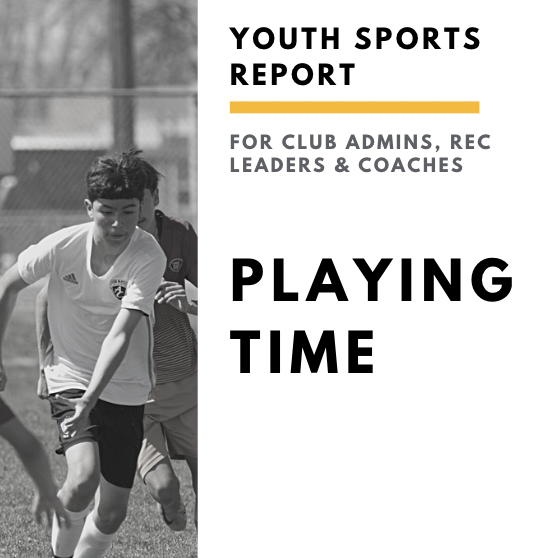Get our exclusive report. Download the iSport360 Club Switching Report Here – For Club Admins, Rec Leaders and Coaches.
Top 3 Reasons Your Team Should Do Shout Outs
One of the simplest yet most powerful traditions a youth sports team can establish is ending each practice with shout outs – a time when players and coaches recognize teammates for their effort, improvement, or positive contributions during practice. This brief ritual, taking just five minutes at the end of practice, can transform team culture and individual player development in remarkable ways. Here are three compelling reasons why every youth sports team should incorporate shout outs into their practice routine.
1. Builds Genuine Team Chemistry and Connection
Shout outs create an opportunity for teammates to truly see and acknowledge each other beyond just athletic performance. When a quiet player gets recognized for encouraging a struggling teammate, or when someone gets praised for their hustle during a drill they found challenging, it builds authentic connections between players who might not otherwise interact meaningfully.
This practice teaches young athletes to look for the positive in their teammates rather than focusing solely on mistakes or shortcomings. A defender might shout out a goalkeeper for their communication, while that same goalkeeper recognizes a midfielder for their work rate. These cross-positional acknowledgments help players understand how everyone contributes to team success, regardless of their role.
The magic happens when shy players start speaking up to recognize others, and when natural leaders learn to share the spotlight. Over time, shout outs create a culture where players genuinely care about each other’s success and feel comfortable being vulnerable in front of their teammates. This emotional connection translates directly into better on-field chemistry and trust.
2. Develops Leadership Skills and Communication
Shout outs provide a structured environment for young athletes to practice public speaking, recognition skills, and leadership in a low-pressure setting. Many children struggle with speaking in front of groups, but when the focus is on celebrating others, they naturally become more comfortable expressing themselves.
Players learn to articulate what they observed and why it mattered, developing their ability to give specific, meaningful feedback. Instead of generic praise like “good job,” they learn to say things like “I want to shout out Maria for staying positive and helping me work on my footwork when I was getting frustrated with that drill.”
This practice also identifies natural leaders while helping quieter players develop their voice. Some athletes who may never be vocal during games find their confidence through shout outs, discovering they can be leaders through encouragement and recognition rather than just athletic performance. These communication skills extend far beyond sports into school presentations, job interviews, and social situations.
3. Creates Positive Reinforcement and Motivation
Shout outs provide immediate, specific, and peer-driven positive reinforcement that can be more meaningful to young athletes than coach praise alone. When recognition comes from teammates who shared the same experience, it carries special weight and authenticity that external validation cannot match.
This system naturally highlights different types of contributions beyond just athletic skill – effort, attitude, improvement, helping others, and demonstrating good sportsmanship all become valued and visible. A player who isn’t the most talented might get shouted out for their incredible work ethic, while a skilled player gets recognized for patiently helping a teammate master a technique.
The anticipation of potential recognition motivates players to bring their best effort and attitude to practice, knowing that their teammates are watching and appreciating their contributions. More importantly, it motivates them to notice and appreciate others, creating a cycle of positivity that elevates the entire team environment.
Players often remember these shout outs long after the season ends, carrying the confidence and positive memories into other areas of their lives. The practice teaches them to look for the good in others and express gratitude – life skills that extend far beyond the playing field.
Making It Work
To implement effective shout outs, keep them brief, specific, and focused on effort and character rather than just results. Encourage players to recognize different teammates over time and model the behavior by giving your own shout outs as a coach. This simple tradition can transform your team culture and help every player feel valued and connected.
About the author:
Amy Masters is a sports mom, coach, and club administrator. She has been coaching youth sports for more than 10 years. She started Jr Lions Field Hockey, the youth recreation program for the Hunterdon County community growing it from 40 players in year 1 to 150 players by year 3. A few years later, she saw the love and competitiveness grow then started Omega Field Hockey Club serving NJ and PA players. Before coaching, she was a collegiate field hockey player for Lock Haven University. In her spare time (lol), she is head of marketing for iSport360 and the co-editor of the Youth Sports Survival Guide. The Youth Sports Survival Guide is the largest youth sports newsletter in the world.
Learn more or request a demo of our youth sports software that is helping teams improve communication, organization and player development.
July 24, 2025





